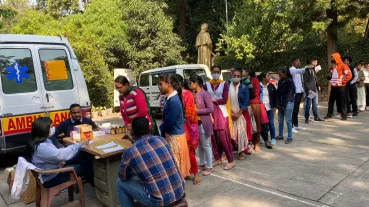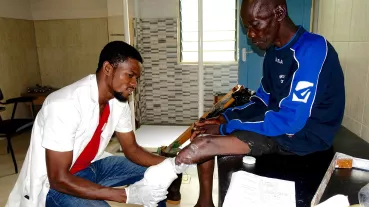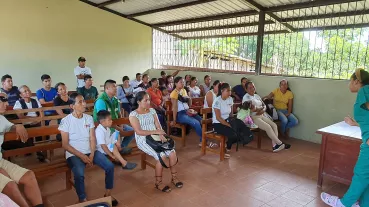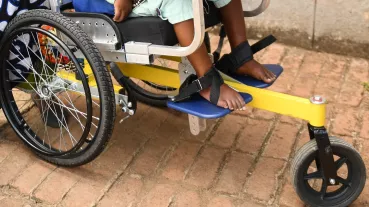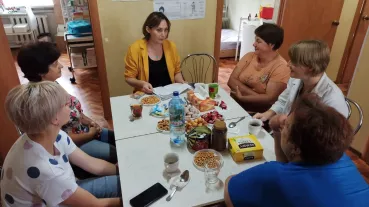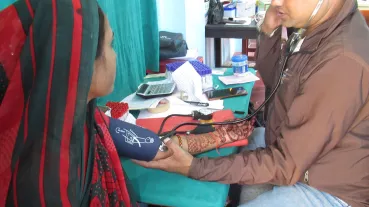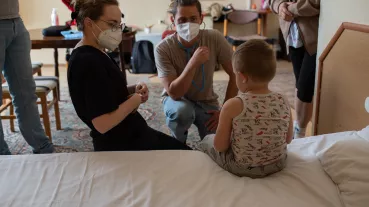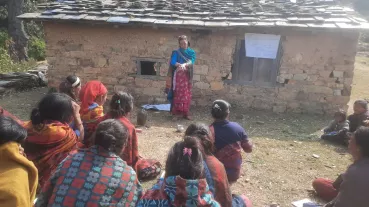Maternal and child health care for displaced persons on the Thai-Myanmar border
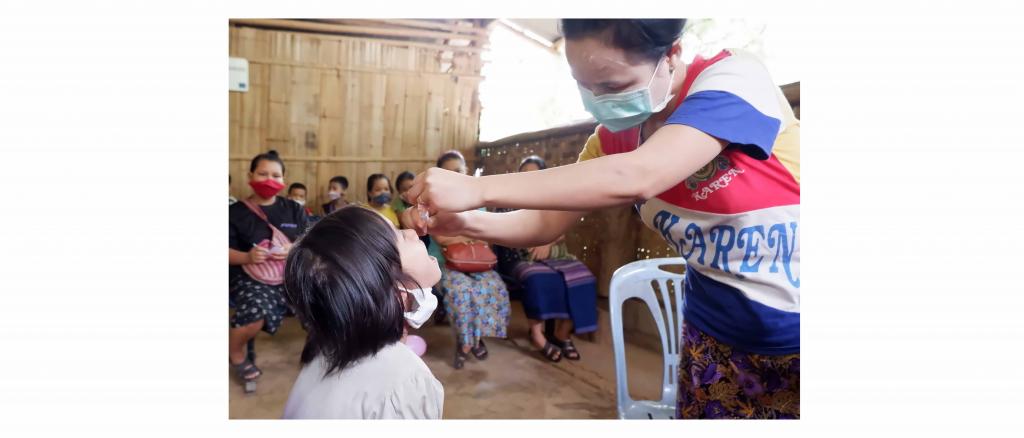
Situation:
Malteser International works in two out of totally nine camps along the Thai-Myanmar border. The number of refugees currently stands at almost 92,000, whereby almost 19,000 live in Mae Ra Ma Luang and Mae La Oon. The refugees originate in Myanmar, a country plagued by decades of civil war. Cease fire agreements are in place, but the peace process is slow and suffers from continued armed clashes in different parts of the country. The recent political coup in early 2021 threatens to revert all peace and trust building made over the past 10 years. The return of refugees to Myanmar will be further slowed or possibly even reversed.
Objectives:
The project is part of a larger EU funded program that aims to improve the health and wellbeing for the camp residents. The specific objective for the project is to ensure access to mother and child health care services, including referral to Thai hospitals for treatment and care if needed.
- Under 5 mortality rate (U5MR) per 1,000 live births in a year is less than 25.
- Less than 10% of live births are categorized as low birthweight (LBW) with weight of less than 2,500 grams.
- Infant mortality rate (IMR) is below 20 per 1,000 livebirths in a year.
- Promotion of early registration at ANC clinics for early detection of risk factors.
- Community Outreach Workers focussing on MCH and pregnancies at household level.
- Timely referral to Thai hospitals of emergencies and complication that cannot be managed at camp level.
- Maintaining high vaccination coverage
- Promotion of institution deliveries under the supervision of trained health staffs.
- Capacity building of refugee staffs to manage services.
Since the services are not provided in the home country of the refugees the efforts of the project are not expected to impact on the health care system. The refugees are in a situation in which they are to a large degree dependent on outside support, provided by NGOs. However, the training of refugee staff on MCH services and the awareness and education efforts among the target population (women in particular) is expected to have a certain impact on overall awareness and health seeking behaviours among the camp residents. Understanding the importance of relevant health care services increases the likelihood of these households in seeking health care support and live a more healthy life.
- All services provided by trained refugee staff.
- Program provides return support by educating mothers on Myanmar EPI schedule and advising pregnant women, mothers, and others about how to access health services in return areas.
Here you can find further information.
